The bells of Notre-Dame de Paris and all the churches of the capital sound the death knell. This Wednesday January 7, 1931, France buries “the Winner of the Marne”. A huge crowd throngs along the Champs-Elysées and is discovered as the funeral convoy passes. A hero is dead, may he rest in peace… This hero is Joseph Jacques Césaire Joffre. He was born just a few days, 79 years earlier, on January 12, 1852 in Rivesaltes, in Catalan soil, where his family had been established for many generations.
The second of 11 siblings, Joseph Joffre was the son of an artisan cooper. A brilliant student at the Rivesaltes school, he continued his secondary studies at the college of Perpignan (today the Lycée François-Arago) then at the Lycée Charlemagne, in Paris, to prepare for the entrance exams to the grandes écoles. This is how he was received, at 17, 14th out of 132, the youngest in his promotion. Captain in 1876, he was sent in 1885 to Tonkin under the orders of Admiral Courbet, then to Sudan, Madagascar, Timbuktu, from which he returned lieutenant-colonel. In 1913, commander-in-chief of the armies of the north and the east, he then designed, with Colonel Louis de Grandmaison, a strategic plan in anticipation of a war with Germany.
Plan that shatters when war breaks out in the first days of August 1914, but at the end of the month, at the end of an orderly retreating maneuver, it wins a victory in the Marne, which saves Paris and France (September 6-11, 1914). This victory earned him immense popularity not only nationally, but also internationally.
Raised to the dignity of Marshal of France on December 25, 1916, which had not been attributed since the end of the Second Empire, he led, at the beginning of 1917, with the President of the Council René Viviani, the French mission in Washington which resulted in the dispatch of the American expeditionary force to Europe. On July 14, 1919, he went up the Champs-Élysées, alongside Marshals Foch and Pétain, during the Victory parade, to the cheers of the population.
In the two decades following the end of the war, Marshal Joffre remained extremely popular in the hearts of the French. Wherever he went, he was acclaimed. He inaugurated many monuments to the dead. If the history of sculpture has not retained anything from E. Joukanech, the fact remains that this small bust which restores Joseph Joffre in 1914-1915 when he was still only a general (his cap features only two rows of oak leaves) with great fidelity, from his generous features, to his sharp gaze through his abundant mustache.
To go further: https://www.lestresorsdegamaliel.com/sculptures/322-le-marechal-joseph-joffre.html



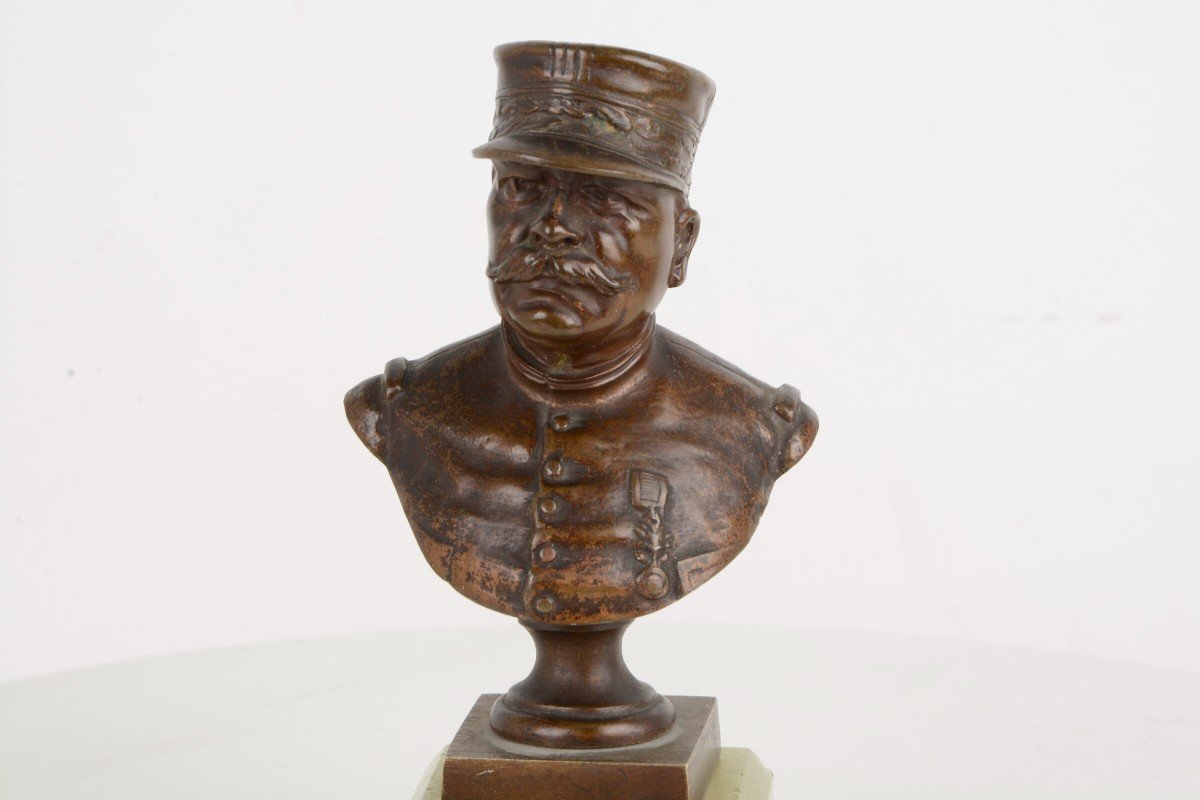





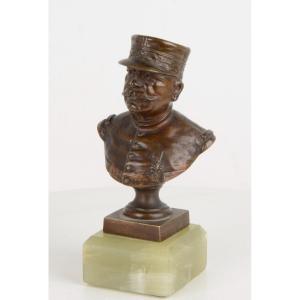








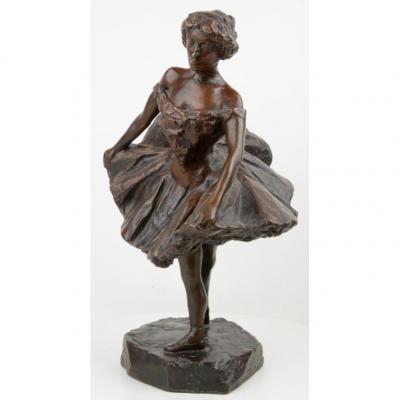



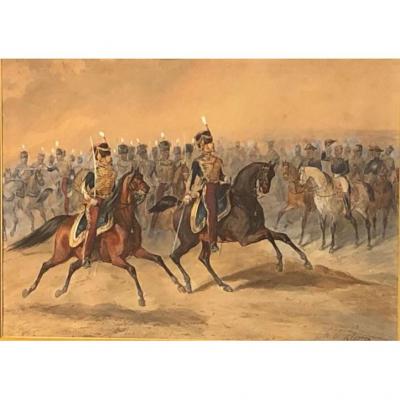
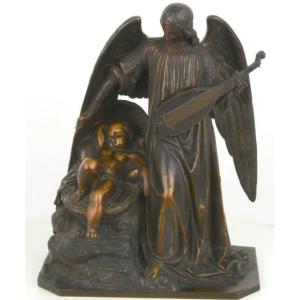


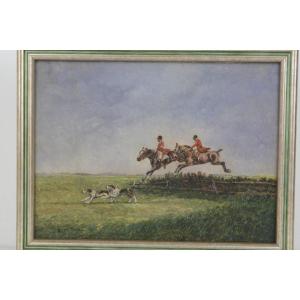
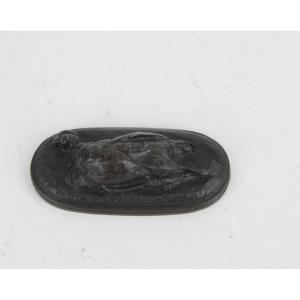


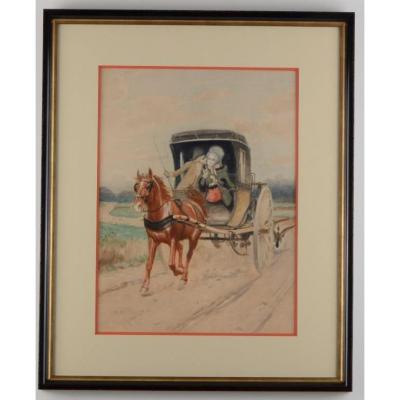

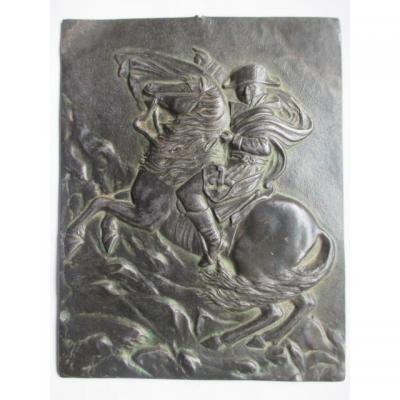



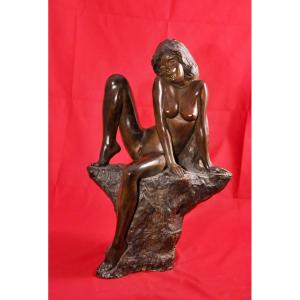



 Le Magazine de PROANTIC
Le Magazine de PROANTIC TRÉSORS Magazine
TRÉSORS Magazine Rivista Artiquariato
Rivista Artiquariato